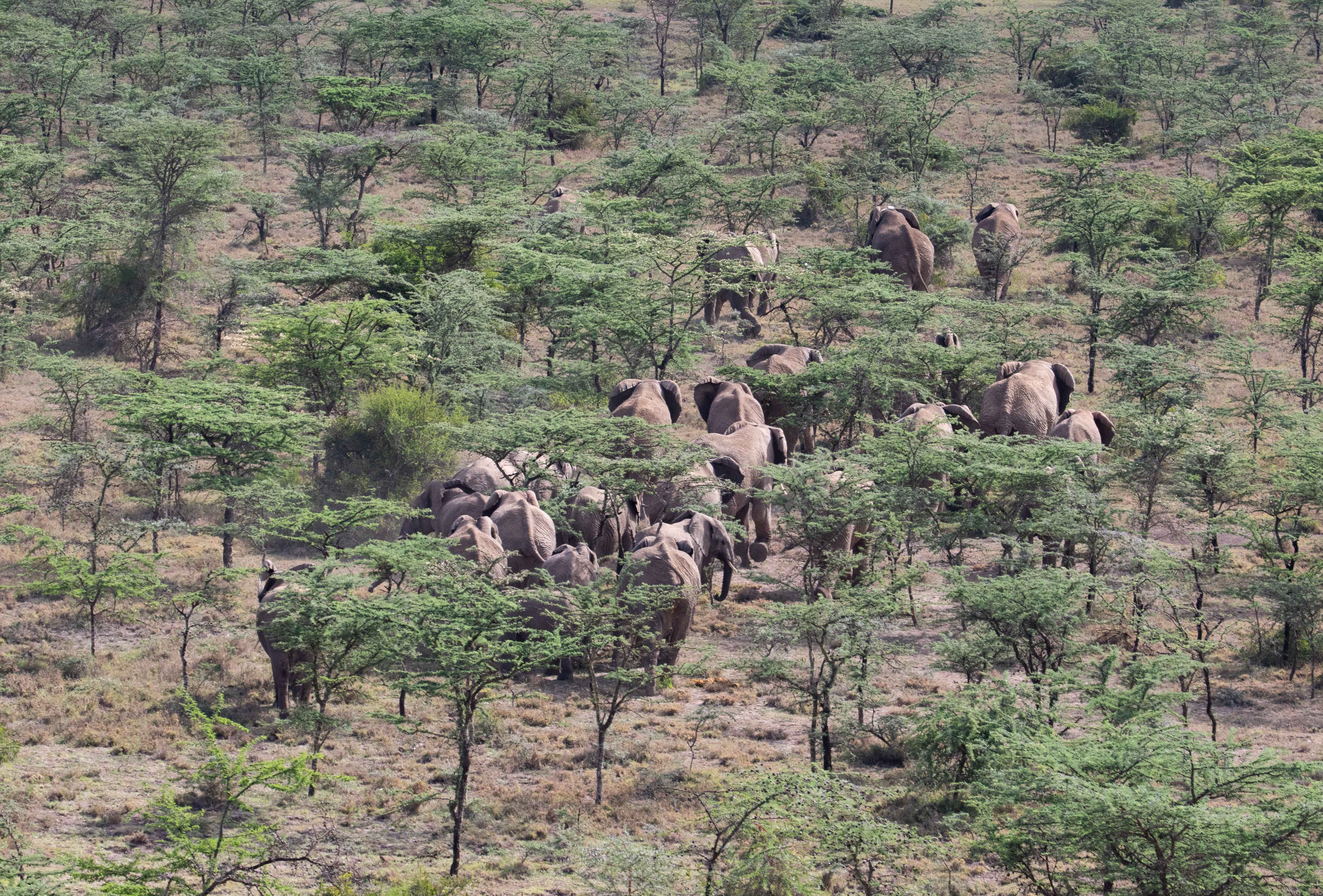Botswana also threatens to quit CITES
Threats come after the recently concluded Elephant Summit in Zimbabwe saw five nations sign a declaration petitioning CITES to lift the ivory trade ban

By Thobo Motlhoka for The Sunday Standard
Botswana has become the second country in southern Africa announcing that it is prepared to pull out of the UN Convention on International Trade in Endangered Species of Fauna and Flora (CITES), if it isn’t allowed to sell some of its ivory stockpile and elephant by-products.
CITES is the international treaty that protects endangered species. Speaking at a press conference in the capital Gaborone on June 1st, 2022, the Director of the
Department of Wildlife and National Parks (DWNP) Dr. Kabelo Senyatso confirmed that Botswana was ready to quit CITES to find other markets for ivory.
Neighboring Zimbabwe recently also announced that it was considering quitting CITES if not allowed to sell its stockpile.
Fielding questions from reporters following his return from the Elephant Summit in Zimbabwe, Senyatso said, “There is nothing stopping us from quitting. The mandate that has been given to us (by the government) is to withdraw from that, if needs be.”
He however said there was need to provide clarity on their stance to “leave CITES” which he said needs to be reported within context.
“In the first instance, we are lobbying CITES to allow us to legally trade with the stockpiled ivory under CITES; secondly we are exploring how to trade outside of the CITES mechanisms if
CITES does not accede to our request,” Senyatso said. “So you’ll note that first and second instances talk to ivory stockpiles.”
He said “leaving CITES” would be a completely different discussion as it would involve not just issues pertaining to elephants, but all other flora and fauna that are CITES listed.
“So, when I talked of legal trade outside CITES , some mistook this to mean completely leaving the Convention, which we can do, but which isn’t our focus at this moment.” Senyatso said they would weigh the option to “quit” after the 19th Conference of Parties to CITES (CITES CoP19) meeting scheduled for November this year, wherein their proposal would be submitted.
“At this point in time we are exploring how to lobby for trade within CITES and how to legally trade ivory outside of CITES , so we don’t have to lobby others to ‘leave CITES’ , but just to trade ivory within or outside of CITES.”
While he would not mention them the DWNP Director said there are many countries that have expressed interest to partner with Botswana on the legal trade of ivory inside or outside of CITES.
“The issue on the table at the moment isn’t leaving the entirety of CITES, just taking the ivory trade outside of CITES, and it’s not just Botswana exploring this, but this is pursued under the ambits of SADC,” he said.
The DWNP also called on CITES not to categorize elephants as one, saying there are two different species of elephants.
“We have forest elephants which are found in the Western part of Africa. In southern Africa we have the savannah elephants. What happens is that when there is civil war in West Africa the numbers of elephants decline and the number of Savannah elephants in our region increases.
This information will be included in our proposal,” said Senyatso. He said those who compile reports “don’t mention which ones or which part of Africa those declining numbers are from.”
“In West and Central Africa those sharp declines are occurring while in Southern Africa the numbers are increasing,” reiterated Senyatso. He said the result is that cases of human-wildlife conflict are on the rise.
He added that plans are at an advanced stage for southern African nations to conduct a coordinated count in the region.
According to Senyatso, Botswana and other countries in southern Africa do not anticipate any economic sanctions from countries in the West or any part of the world.
“We anticipate campaigns from Western Non-Governmental Organisations (NGOs) which are divorced from realities on the ground. Unfortunately their arguments are based on emotions rather than scientific evidence,” said Senyatso.
He also called on CITES to be “science based because it is only emotions on the table.”
He said Botswana and other countries opted to become members of CITES and therefore are not bound by anything if they opt to quit.
“So when we quit CITES we will be trading with willing buyers but doing it in the manner that is acceptable,” said Senyatso. He said Botswana and other southern African nations want to be allowed to trade not only in ivory stockpiles but also in elephant by-products.
“According to CITES regulations, we are only allowed to trade in elephant byproducts locally and not export them to the international market,” Senyatso said. He added it has proved expensive for Botswana and other nations in the southern African region to keep stockpiles.
“The marking of elephant tasks has proved to be costly and storerooms where ivory is kept should be at a certain temperature. We are spending millions of Pula in a year,” he said.
This article is reproduced here as part of the African Conservation Journalism Programme, funded in Angola, Botswana, Mozambique, and Zimbabwe by USAID’s VukaNow: Activity. Implemented by the international conservation organisation Space for Giants, it aims to expand the reach of conservation and environmental journalism in Africa, and bring more African voices into the international conservation debate. Read the original story here:
Join our commenting forum
Join thought-provoking conversations, follow other Independent readers and see their replies
0Comments